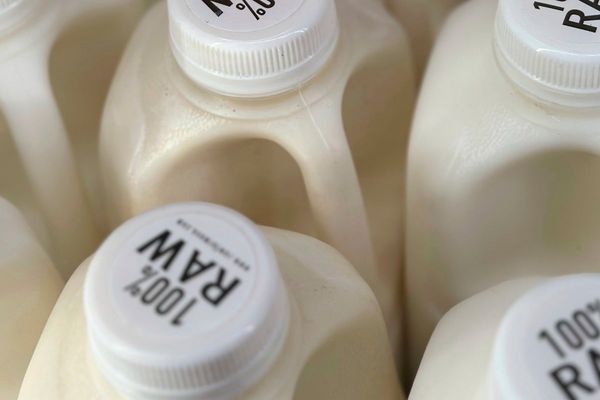Personal consumption expenditures, excluding food and energy, climbed 0.6% in January, up 4.7% from a year ago. Both readings came in above Wall Street expectations, which had been looking for 0.5% and 4.4%.
Traditionally, the Federal Reserve carefully monitors PCE data since it tends to show consumer spending habits more accurately than other data points, such as the consumer price index.
DON'T MISS: The Fed Gets Cover for More Rate Hikes: Job Strength, Inflation Pressures
The market is reacting negatively to the PCE data coming in higher than expected, which could push all three indices into the red to end the week. The averages are on track for a losing week, which would mark the fourth straight one.
TheStreet's Martin Baccardax wrote that, "Bond markets, while recently embracing the Fed's hawkish rate signaling, have nonetheless been flashing their classic recession warning signal for nearly a year, with 2-year Treasury not yields rising above 10-year yields in March of 2022, amid concerns that the Fed's policy tightening will snuff-out any hopes of a sustained post-pandemic recovery."
In other market news, Boeing is once again in hot water with the Federal Aviation Administration.
The FAA has asked the planemaker to suspend its 787 Dreamliner deliveries so that it can conduct safety checks.
Boeing will have to show that fuselage component issues have been addressed before it can resume deliveries of the plane.







